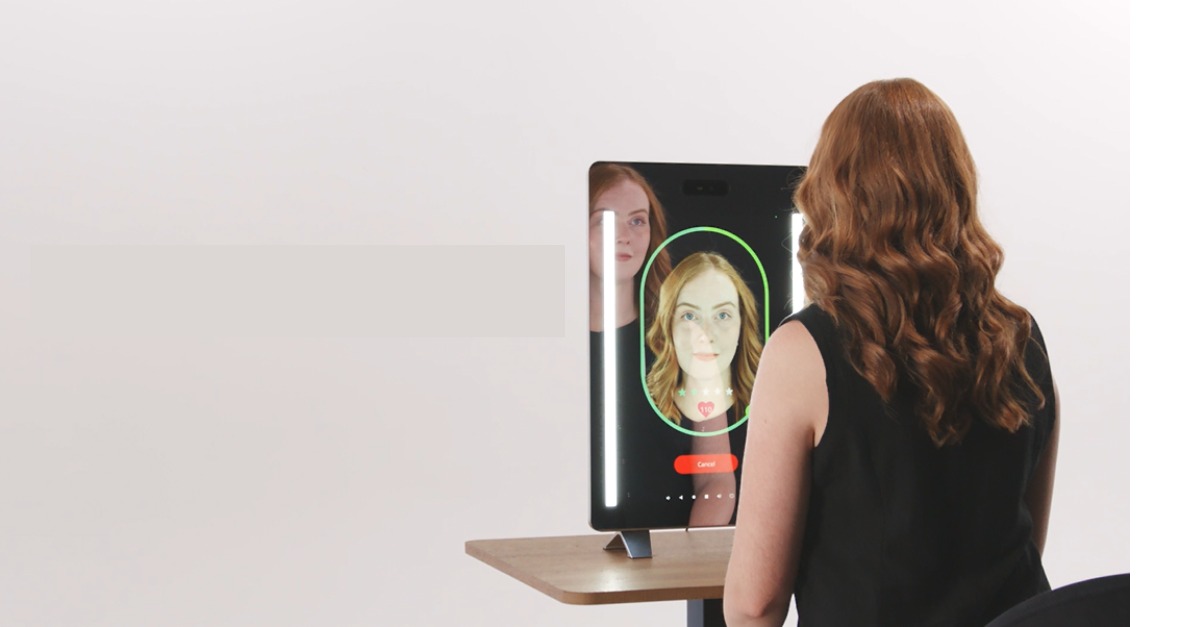
NuraLogix's Longevity Mirror uses a 30 second selfie to predict your future health
NuraLogix has announced a home wellness device designed to turn a short selfie scan into insights about your long term health. The Longevity Mirror targets users who are interested in understanding how daily habits relate to future health outcomes, without relying on wearables, physical sensors, or manual measurements.
The device combines a full size mirror with an integrated camera and processing system. Users sit or stand in front of it for about 30 seconds while it captures a short facial video.
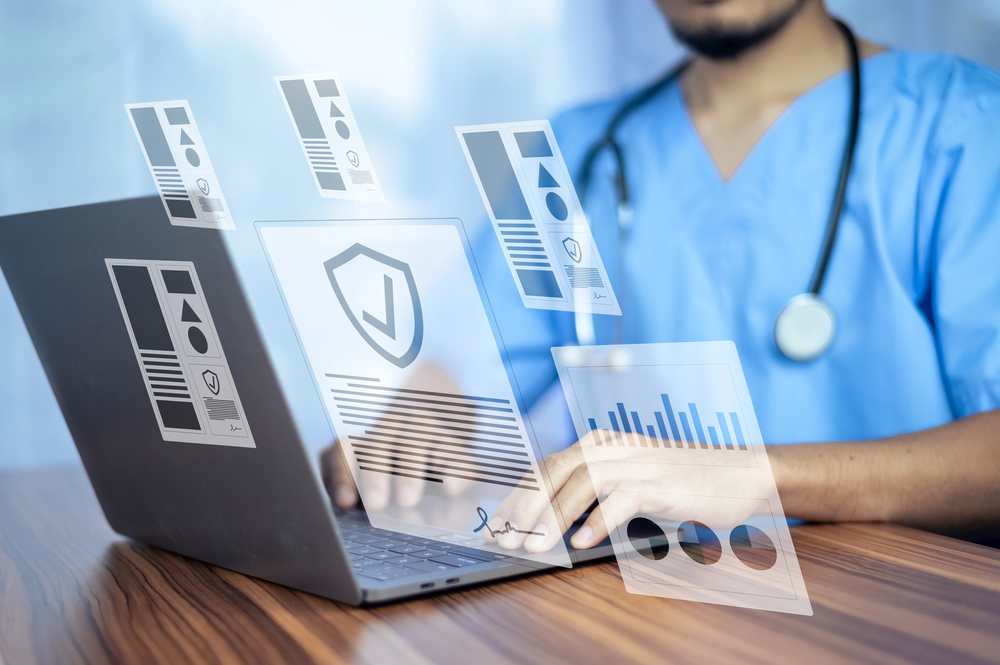
AI risks, greater regulation and remote consultations -- healthtech predictions for 2026
Understandably perhaps the health sector has been slower than some to embrace the rush to AI. But more medical devices are now connected and AI is having an impact, offering benefits to patients but also opening up new risks.
We spoke to some leading industry figures to find out how they see healthtech developing in 2026
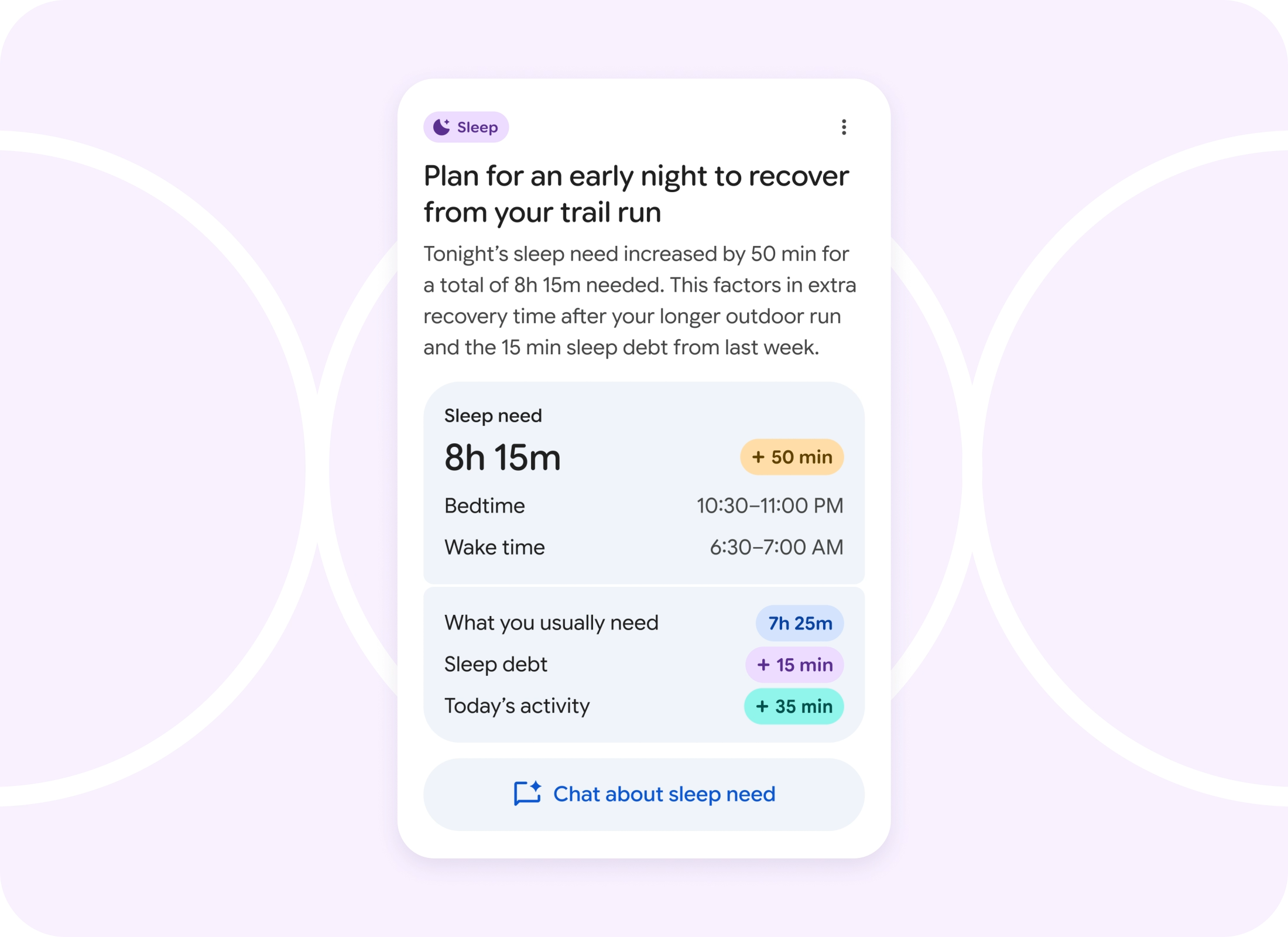
Google is bringing an AI fitness coach to Fitbit thanks to Gemini
There is nothing that technology companies will not try to enhance with AI. Google is no stranger to this with Gemini, and the company has announced an AI-powered fitness coach for the Fitbit platform.
But this is more than just a fitness coach. Google describes it as a “a fitness trainer, a sleep coach and a health and wellness advisor” all rolled into one. The aim is to be the AI coach that is suitable for everyone, so what can it do?
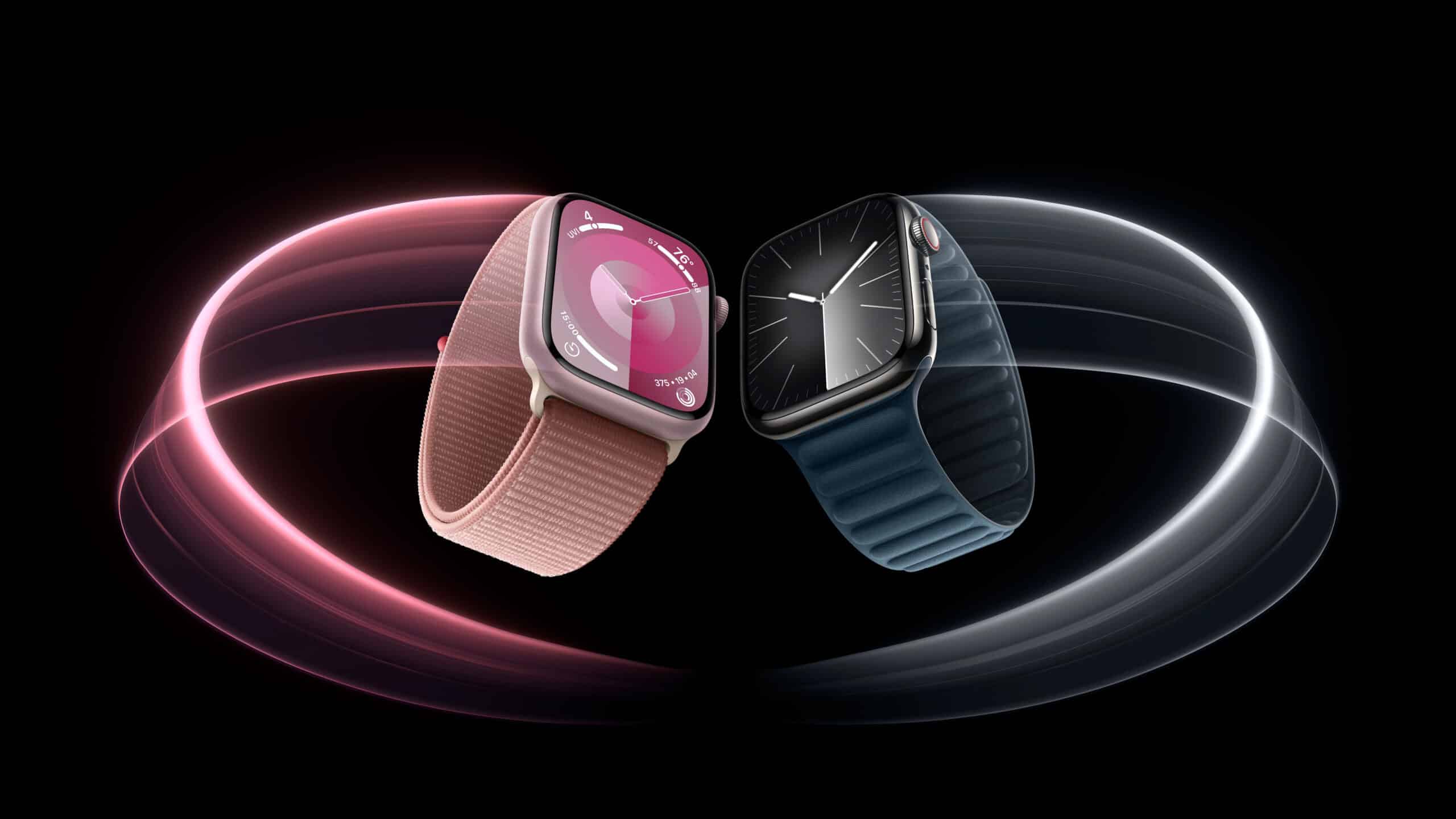
Apple rolls out a redesigned Blood Oxygen feature to Apple Watch
Some Apple Watch users are about to receive a software update which will provide them with a redesigned Blood Oxygen feature.
The update affects owners of Apple Watch Series 9, Series 10, and Apple Watch Ultra 2 in the US who do not yet have the Blood Oxygen feature. Access to the health tool comes after a US Customs ruling.
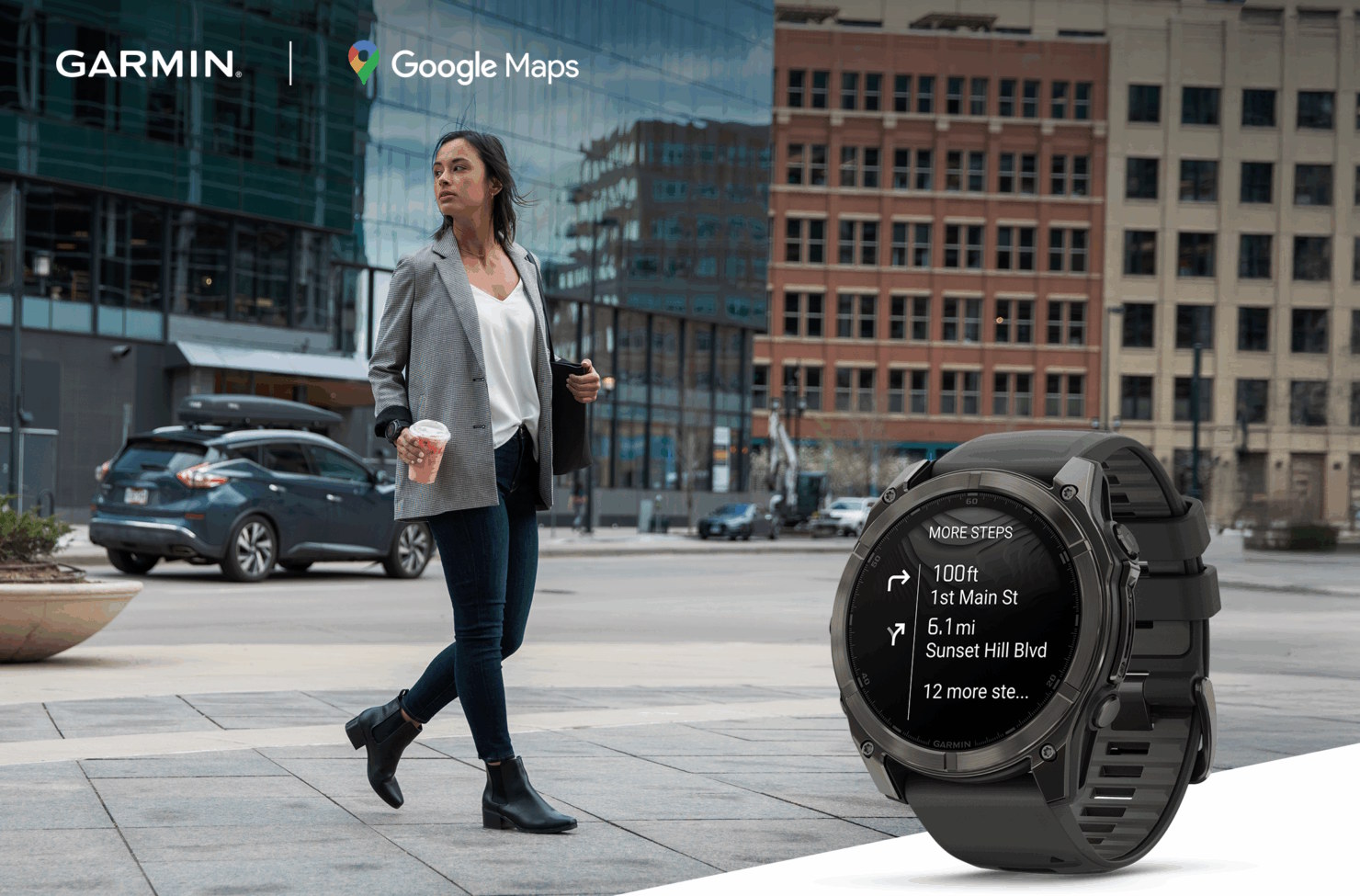
Google Maps finally lands on Garmin devices for on-wrist navigation
Google Maps is so ubiquitous that it is hard to imagine that there are any unsupported platforms remaining, but there are still a few. This is highlighted by arrival of Google Maps for Garmin smartwatches via the Connect IQ Store.
This free app means that owners of key Garmin devices can now benefit from turn-by-turn navigation on their wrist. The newly released app is targeted primarily at walkers, cyclists and runners, but it can also be used when driving or performing other activities if this feels helpful to users.
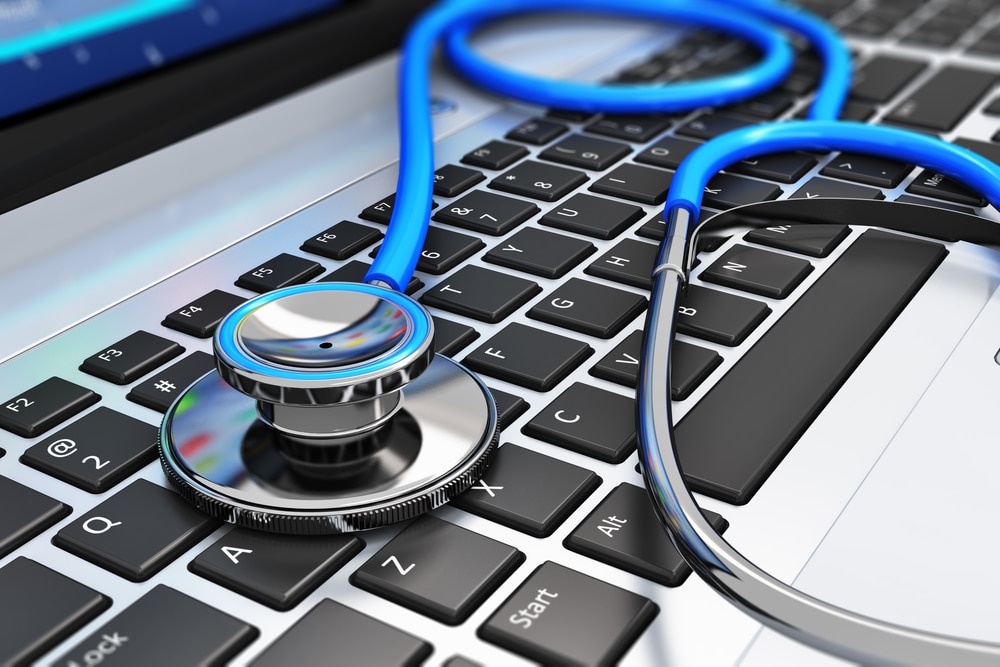
The growing role of AI in healthcare: how devices are changing the game
Healthcare hinges on diagnostics, which is why doctors must accurately identify the illnesses they aim to treat to provide proper care for their patients. An incorrect diagnosis introduces the risk that treatment may be ineffective or harmful.
To diagnose properly, doctors rely on data by measuring key metrics and evaluating their implications based on experience, education, and best practices. The more data available to doctors, the more accurate their diagnoses can be.
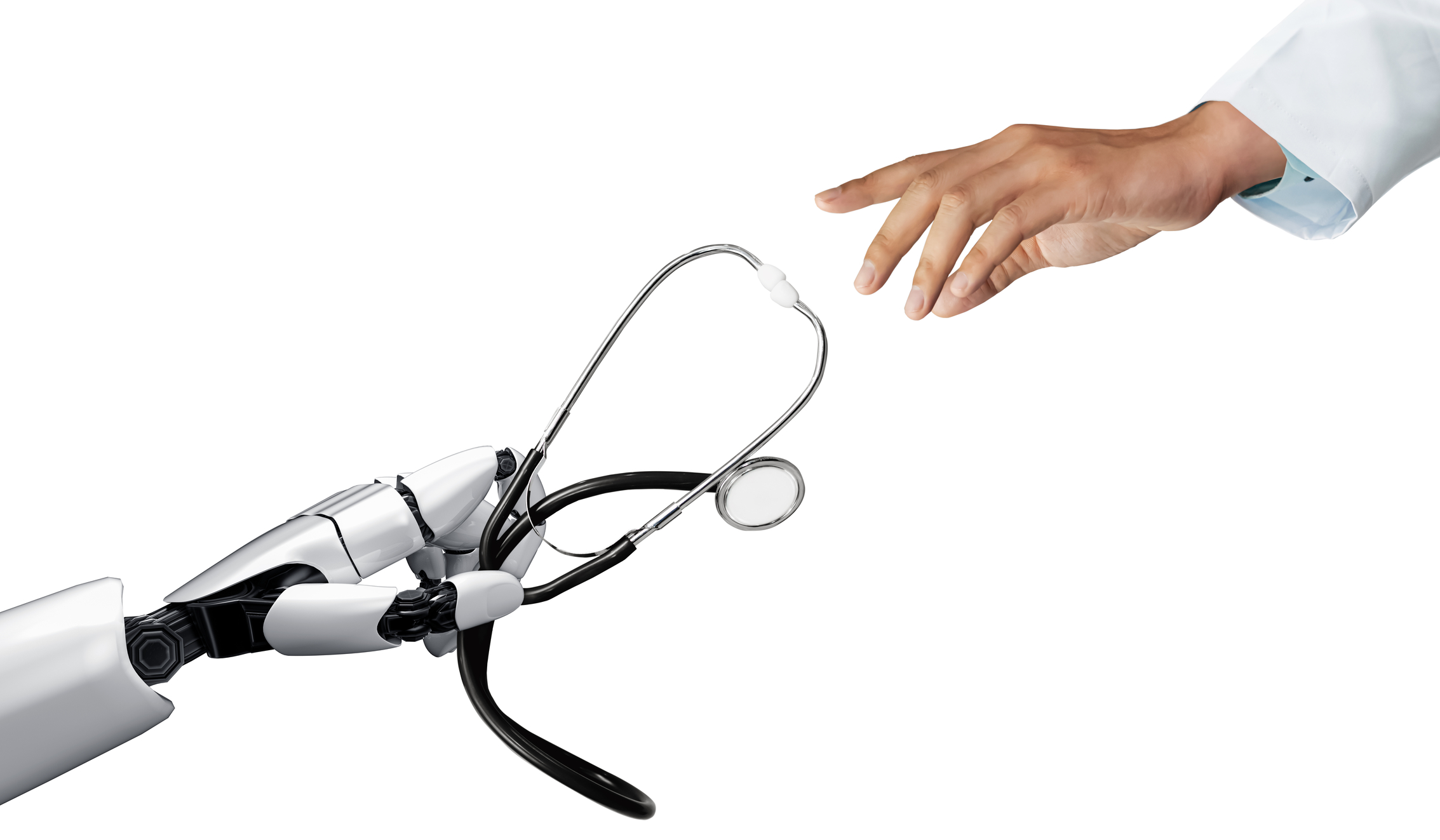
The intersection of wellness and technology: How AI is revolutionizing personalized health
Today’s patients expect medical care with a level of efficiency, accuracy, and convenience than ever before. Unfortunately, in a world where medical professionals are overworked and there is a significant shortage in the availability of labor in the healthcare industry, achieving this is easier said than done, which is why many medical professionals have turned to tools like artificial intelligence to boost their efficiency.
In the medical industry, AI has already been used by medical researchers for years, helping them with their experiments and research. However, innovators throughout the health and wellness industry -- including doctors and leaders of supplement companies -- are beginning to find ways to leverage the power of AI to make their operations more efficient and effective.
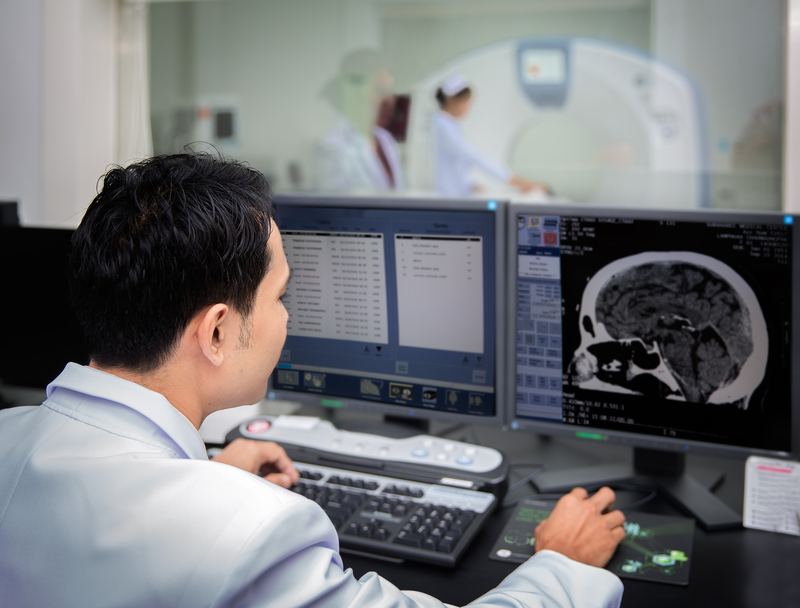
Medical devices vulnerable to exploits and insecure connections
A new report from Claroty finds that 89 percent of healthcare organizations have medical devices vulnerable to ransomware-linked exploits and insecure internet connectivity.
Based on analysis of more than 2.25 million Internet of Medical Things (IoMT) devices and 647,000-plus OT devices across 351 healthcare organizations, the report finds 99 percent have at least one known exploited vulnerability (KEV) in their networks, while 78 percent of hospitals have OT devices with KEVs, including building management systems, power supplies, and temperature controls.

Google announces new healthcare tools and features, including advice from people with the same symptoms as you
When illness strikes, many people turn to 'Doctor Google' for health advice. While this can be helpful in many cases, searching for symptoms can also throw up some terrifying potential 'diagnoses', but AI has been used to try to avoid providing either fearmongering suggestions or unhelpful advice.
Google is aware that it is often a first port of call for people trying to work out what condition they may have and how to best approach treatment, and the company has announced numerous improvements and new feature to make its offerings more helpful and trustworthy -- as well as starting to provide suggestions from non-medical experts.
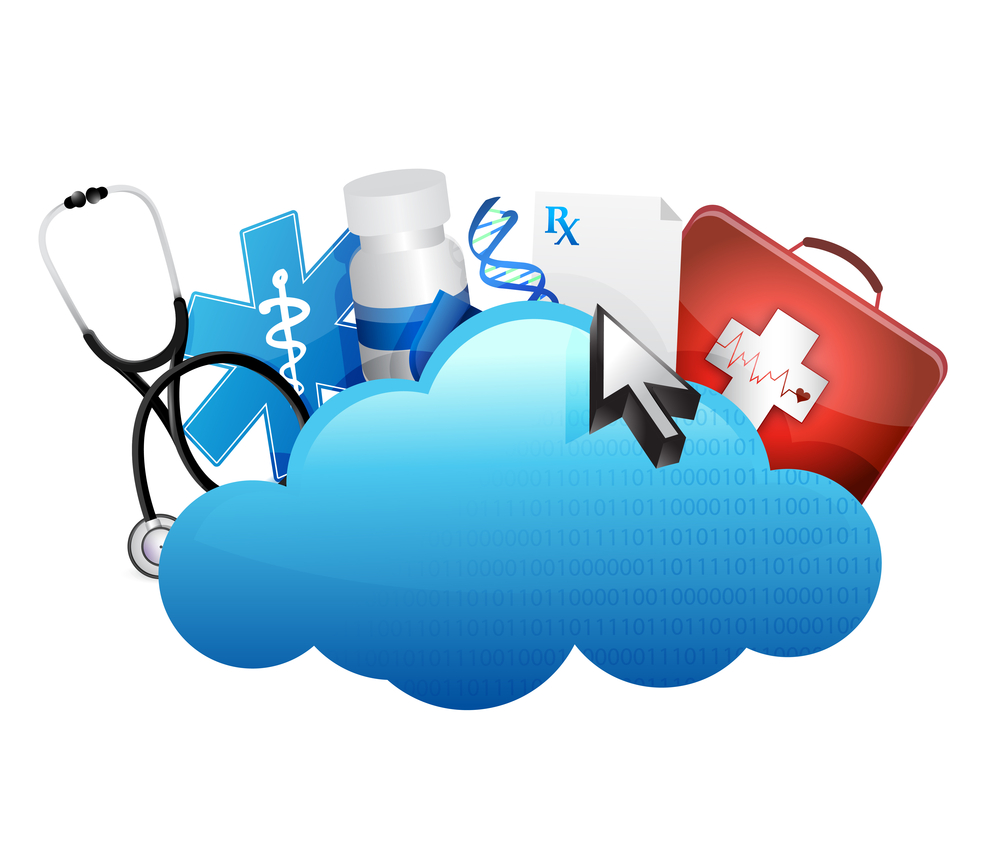
AI-powered data management: Navigating data complexity in clinical trials
The data flood gates have opened wide for clinical trial research. In fact, the amount of data gathered may be more akin to a tsunami or a monsoon. For decades, researchers struggled with a lack of data available in clinical trials; however, they may have received more than they asked for. Research shows that the biopharmaceutical industry generates up to a trillion gigabytes of data annually and clinical trials, one of the principal contributors to these data points, generate an average of up to 3 million data points per trial. This influx of sources can make it challenging to discern relevant from superfluous information, complicating analysis and delaying critical decision-making.
An increase in decentralization paired with expanded collection methods in clinical trials have increased access to and accumulation of data. Information gathered from remote monitoring devices, electronic health records (EHRs), laboratory tests, surveys and questionnaires and third-party databases, all contribute to the data challenge in clinical trials. In reality, the number of touchpoints across clinical trials, from sponsors to clinical research organizations (CROs) to site staff, combined with the complexity and disparity of data sources leads to challenges in ensuring data quality.

How the internet is keeping over 50s alive
We hear a lot about the negative aspects of the internet, but a new report from Atlas VPN shows that internet users aged 50 and older have a 33 percent lower risk of death than non-users.
Older adults who use the internet have a 19 percent lower risk of a stroke than those who do not, while internet use among individuals aged 50 and above is also associated with a 17 percent lower risk of diabetes.
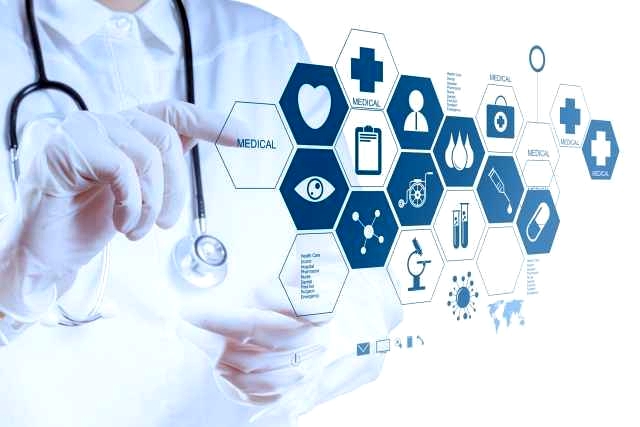
A clean bill of health: Harnessing data for precision healthcare
Unlike other industries, UK healthcare isn’t defined by how much revenue can be generated. Instead, success is measured in terms of achieving positive health outcomes for patients.
With new healthcare data available from a variety of sources -- such as wearables, clinical trials and biometric sensors -- healthcare is now driven as much by the promise of data processing and advanced analytics as it is by developing new and specialized drugs. So, how can healthcare professionals move faster, and gain actionable insights from the huge volumes of data they collect?

Is the NHS cybersecurity strategy to 2030 enough to protect healthcare?
With the rise in cyberattacks on the healthcare sector, boosting cyber resilience has become critical.
The UK government recently introduced the Cyber Security Strategy to 2030 for health and social care to protect the functions and services citizens depend upon. The policy outlines five pillars to achieve cyber resilience by 2030, which include focusing on more significant risks and harm, defending against threats as a single team, including all people and cultures, building a secure system for the future, and aiming for exemplary response and recovery times.

Medical device post market surveillance: Updates and trends
Post-market surveillance (PMS) is a critical part of pharmacovigilance, the science that focuses on the detection, evaluation, monitoring, and prevention of the unwanted effects of pharmaceutical products. It is vital in ensuring the safety and effectiveness of medical devices.
With the crucial role PMS plays in the healthcare industry, it merits the attention of patients, device manufacturers, and regulators. There have been developments involving or affecting post-market surveillance that needs to be highlighted because of their far-reaching consequences.

Remote monitoring, AI research and data at risk -- healthcare tech predictions for 2023
In addition to pressure from the COVID-19 pandemic and its aftermath, the healthcare sector has also been in the forefront of new technologies like smart devices and the use of AI.
The rate of change seems unlikely to slow down next year, so what can we expect to see in the healthcare tech sector in 2023?
